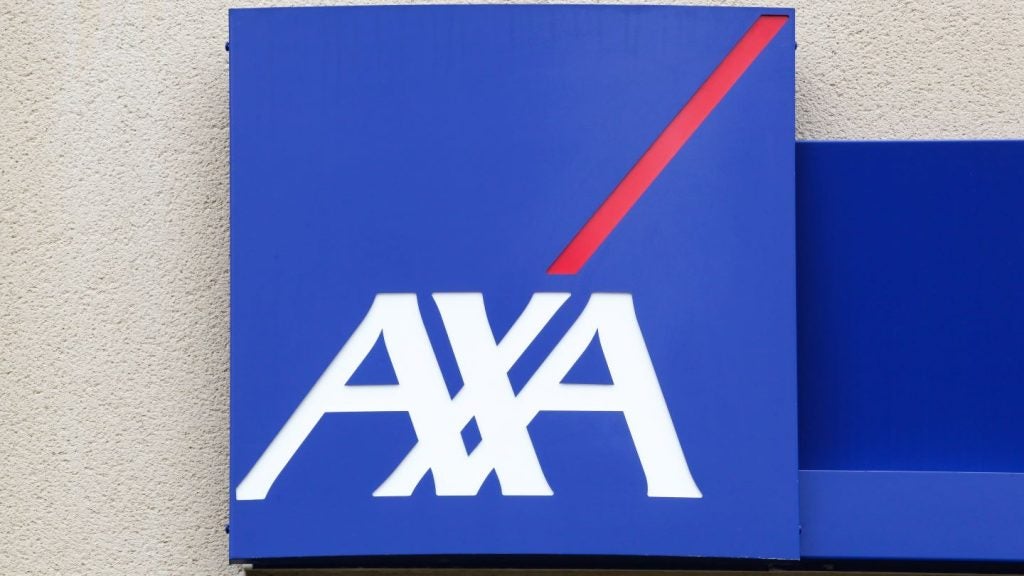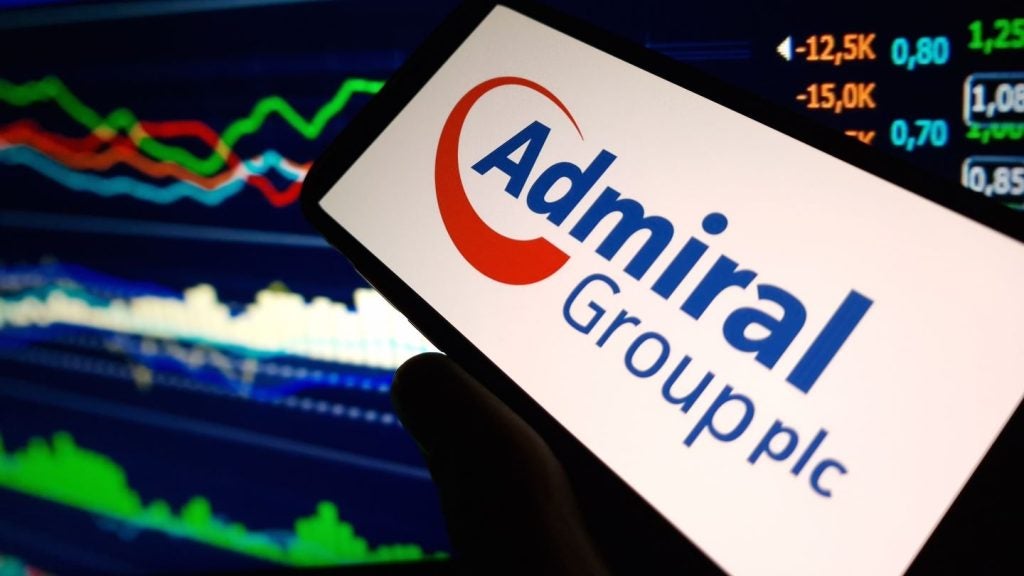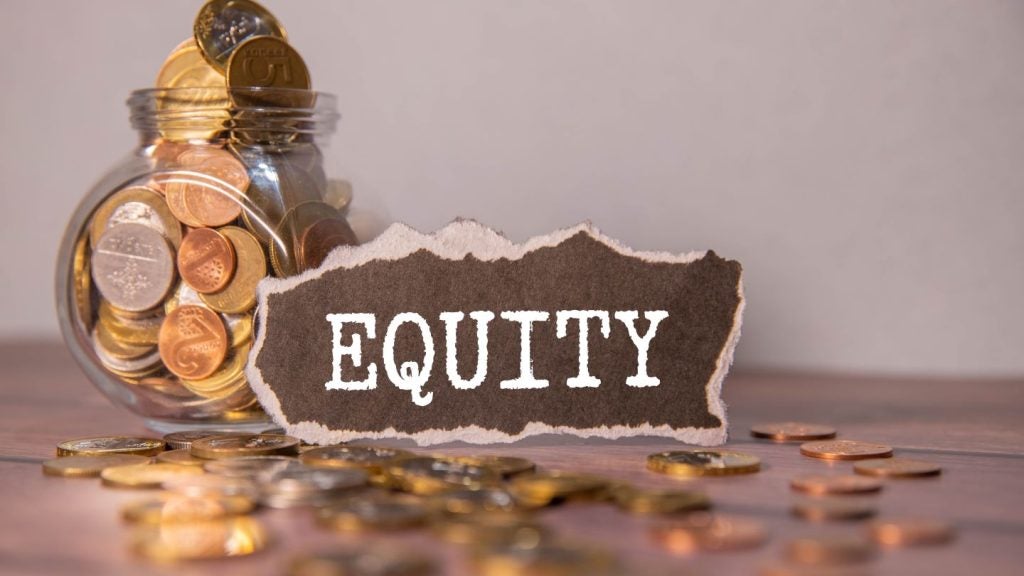spawned a new and highly controversial financial service: the
ReservePlus 401k debit card.
Amid media comments such as “swipe your way to the poorhouse,”
ReservePlus debit cards that enable people to borrow from their
401k pension savings are being actively marketed by Reserve
Solutions, a unit of The Reserve, an asset management company that
lays claim to having created the first money market fund in
1970.

Access deeper industry intelligence
Experience unmatched clarity with a single platform that combines unique data, AI, and human expertise.
According to Reserve Solutions the user of its ReservePlus card
decides how much money they want available for loans. The maximum
amount that may be borrowed from a 401(k) under Internal Revenue
Service rules is generally $50,000 or 50 percent of a vested
account balance, whichever is less.
The amount selected stays invested within the retirement plan in a
money market fund until needed for cash withdrawals from automated
teller machines or for purchases from merchants. It is also
possible to issue a cheque against the allocated funds.
Boldly, Reserve Solutions claims that with its loan programme,
“we’re encouraging investing, not borrowing.” The Financial
Industry Regulatory Authority (FINRA) the largest non-governmental
regulator for all securities firms doing business in the US, is
unconvinced.
In an alert issued by FINRA noted that a 401(k) debit card “is like
a debit and credit card rolled into one.” FINRA explained that it
acts like a debit card because it allows a 401(k) plan member to
access and spend their own money. It also acts like a credit card
because they can repay the balance over time and pay interest and
fees on the money spent.

US Tariffs are shifting - will you react or anticipate?
Don’t let policy changes catch you off guard. Stay proactive with real-time data and expert analysis.
By GlobalDataFINRA added that interest starts accruing as soon as a transaction
is posted to a 401(k) debit card user’s account.
A minimum interest and principal payment is due at least every
three months and loans must be paid back in full in five years or
less.
If these conditions are not complied with the loan will be
considered to be in default and treated as a 401(k) distribution.
FINRA said this will result in the borrower paying tax on the loan
balance and in some cases a 10 percent penalty.
Despite FINRA’s reservations the ReservePlus card has a potentially
signify-cant market, reveals a study by Berkshire Life Insurance
Company of America indicates. The study found that 41 percent of
employees would be willing to borrow from their retirement fund if
the need arose.







